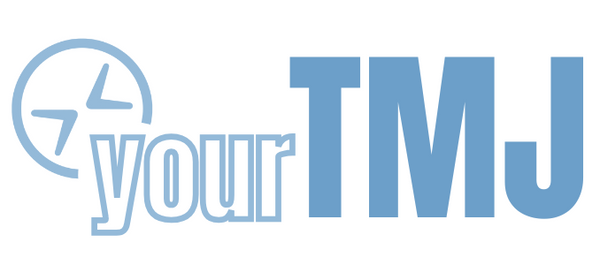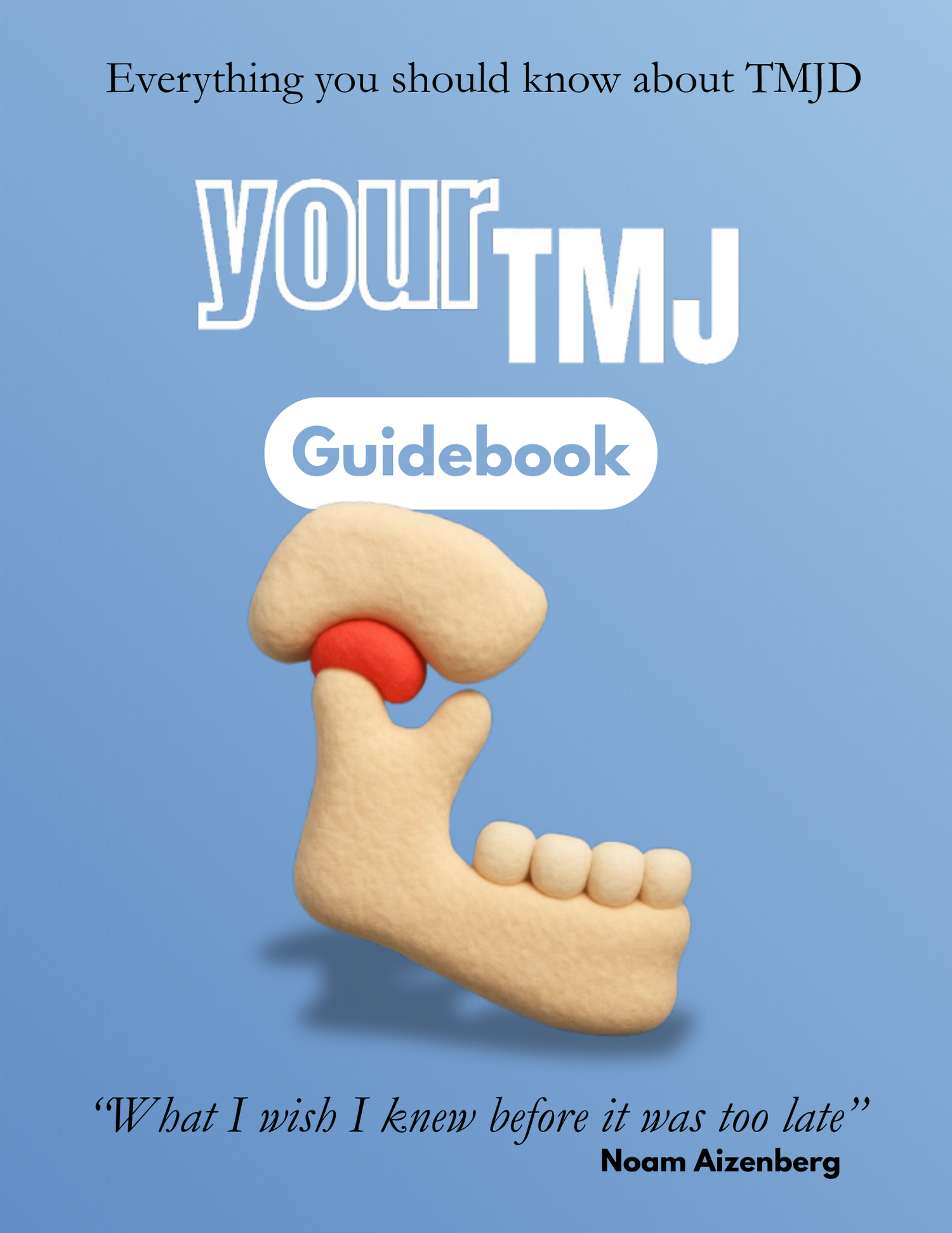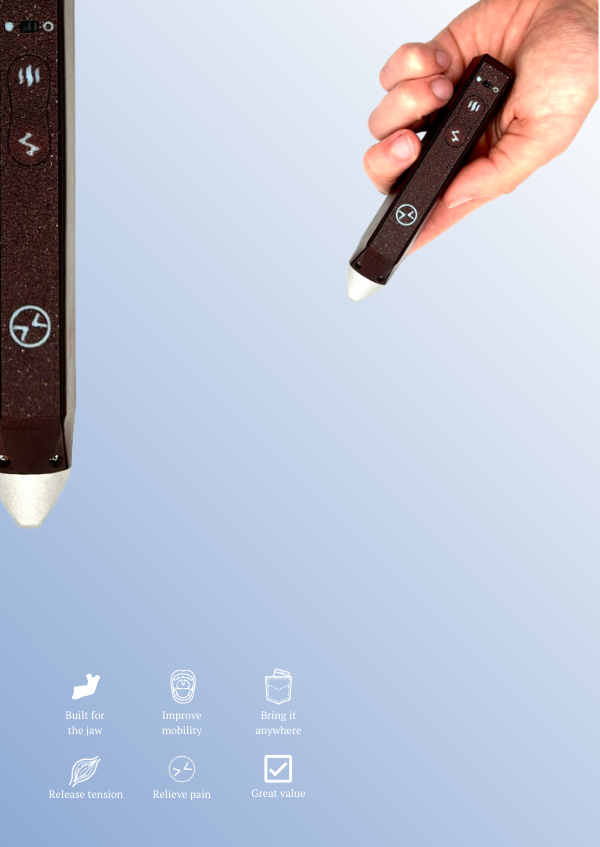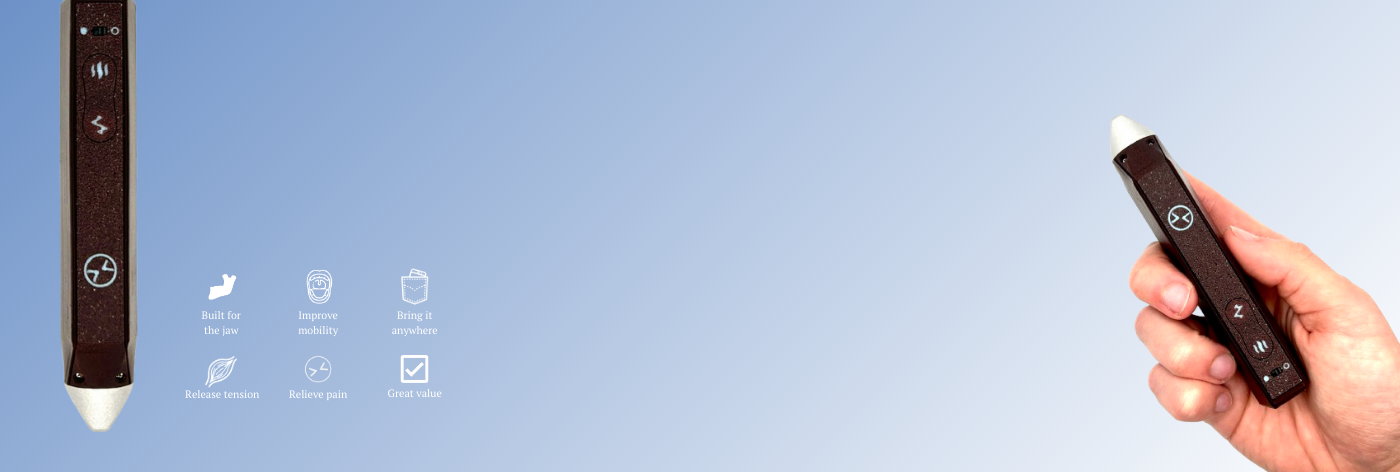When is TMJ Serious?
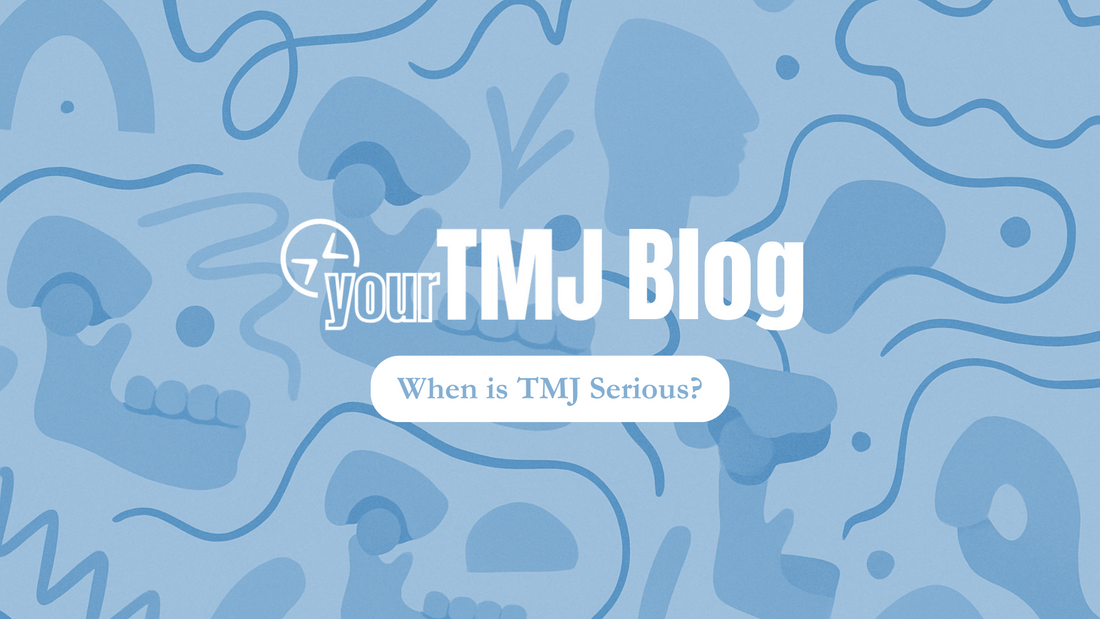
When is TMJ Serious? Signs You Shouldn't Ignore
Temporomandibular joint (TMJ) disorders can range from mild annoyance to severe dysfunction. But how can you tell when your TMJ issues cross the line into something more serious?
In this blog, we'll explore key signs that indicate your TMJ disorder is becoming severe and needs immediate attention. Because TMJ disorders are complex, it's impossible to fully grasp the condition in just a short read. For a complete, evidence-backed understanding, including actionable home treatments and exercises, check out the free 76-page TMJ guidebook I've written, available at the end of this article.
Red Flags: When TMJ Becomes Serious
-
Severe Pain and Inflammation Occasional discomfort or mild aches are common in TMJ disorders. However, severe, persistent pain—especially when opening your mouth, chewing, or biting can indicate significant inflammation or damage to your jaw joint or surrounding tissues. This level of pain may signal more serious conditions such as arthritis, a torn ligament, or significant joint degeneration. But an important note is that there is no direct link between pain and TMJ Disorders - meaning you can experience severe pain even though your jaw is mostly healthy and visa versa - you can walk around pain free even though you have full on TMJ degeneration. But while pain isn't a way to measure how severe your disorder is, it's still important to seek conservative treatment at this point to get back to living a normal life.
-
Lockjaw or Restricted Jaw Movement If your jaw regularly locks up, either open or closed, it's a possible sign of a serious issue. Lockjaw often indicates disc displacement without reduction, where your jaw disc becomes stuck and prevents normal mouth movement. If you're frequently experiencing difficulty in opening your mouth more than about 20mm, it’s crucial to seek professional assessment and treatment.
-
Audible Clicking, Popping, or Crunching While mild clicking or popping can occur in up to 30% of people and isn't always serious, persistent and loud clicking, especially when accompanied by pain, might indicate advancing TMJ dysfunction. Crunching noises, known as crepitus, could suggest cartilage damage or arthritis developing in your jaw joint - which may be even more serious than clicking/popping sounds.
-
Chronic Headaches and Migraines Frequent or worsening headaches linked to your jaw issues might indicate muscular or nerve involvement in your TMJ disorder. Persistent headaches and migraines that seem to be triggered by jaw movements or chewing are not just a minor inconvenience—they are a sign of underlying structural or functional issues that need addressing.
-
Ear Pain, Tinnitus, or Hearing Issues The close proximity of your TMJ to your ears means that TMJ dysfunction can cause ear pain, tinnitus (ringing in the ears), or even hearing impairment. If you're experiencing persistent ear-related symptoms alongside jaw discomfort, it's a possible indicator your TMJ disorder might be worth looking into.
What Happens if Serious TMJ Issues are Ignored?
Although in around half of cases, TMJ problems go away on their own, sometimes ignoring severe TMJ symptoms won't just prolong your discomfort—it can also lead to irreversible joint damage, chronic pain conditions, and reduced quality of life. Early intervention, proper diagnostics, and a comprehensive treatment plan can significantly improve outcomes and prevent joint degeneration. Realize that between 80-90% of TMD cases resolve with conservative treatment or on their own, and the faster you start treatment the better outcomes are.
Next Steps
Recognizing serious TMJ symptoms early can be the difference between manageable treatment and long-term complications. For a deep dive into understanding your TMJ disorder, root causes, evidence-based treatments, and specific at-home exercises, I've created a comprehensive 76-page guidebook. This resource is designed to empower you with knowledge and practical steps to manage your TMJ issues effectively.
Don't wait until it's too late—check out the free guidebook now and start your journey toward lasting relief and improved jaw health.
